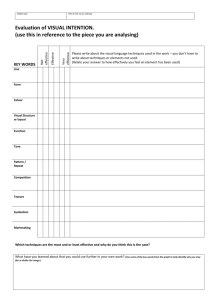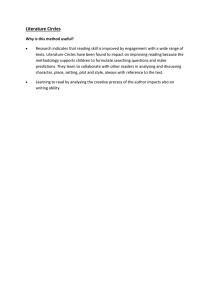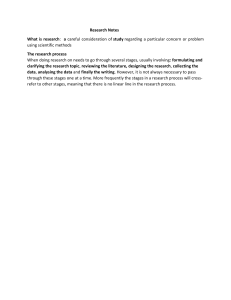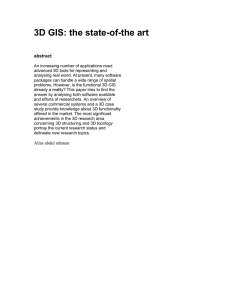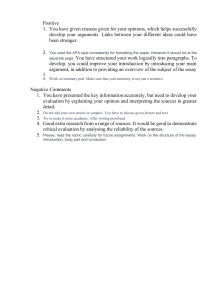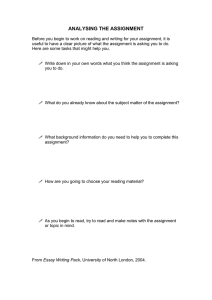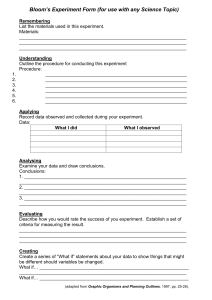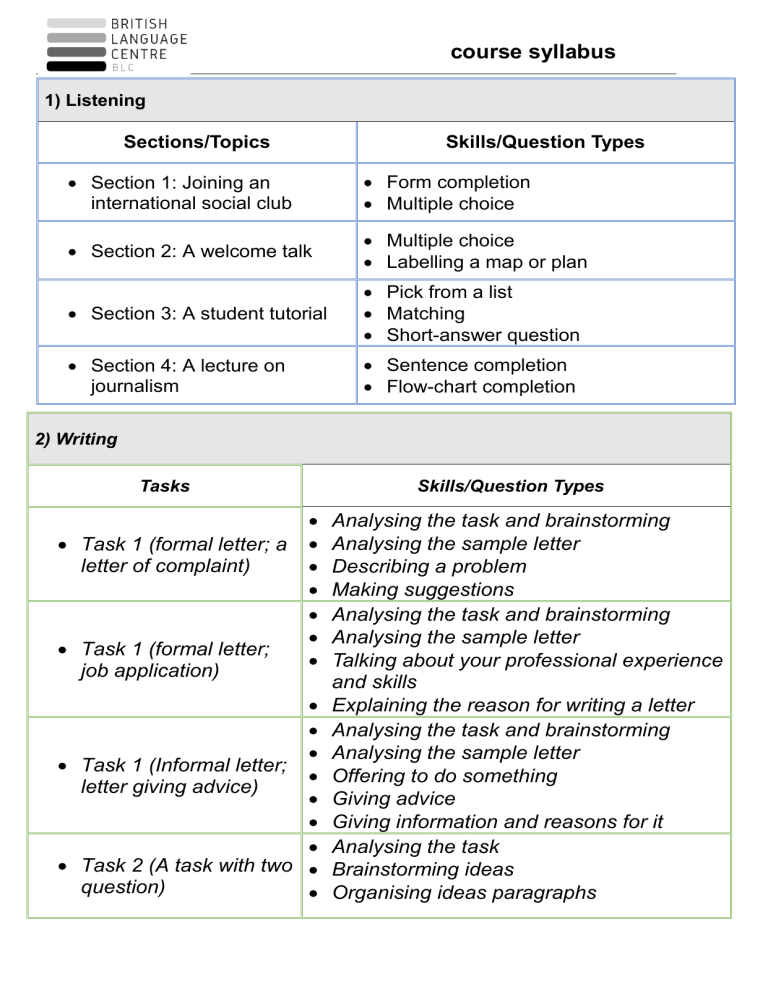
course syllabus 1) Listening Sections/Topics Skills/Question Types Section 1: Joining an international social club Form completion Multiple choice Section 2: A welcome talk Multiple choice Labelling a map or plan Section 3: A student tutorial Pick from a list Matching Short-answer question Section 4: A lecture on journalism Sentence completion Flow-chart completion 2) Writing Tasks Task 1 (formal letter; a letter of complaint) Task 1 (formal letter; job application) Skills/Question Types Task 1 (Informal letter; letter giving advice) Task 2 (A task with two question) Analysing the task and brainstorming Analysing the sample letter Describing a problem Making suggestions Analysing the task and brainstorming Analysing the sample letter Talking about your professional experience and skills Explaining the reason for writing a letter Analysing the task and brainstorming Analysing the sample letter Offering to do something Giving advice Giving information and reasons for it Analysing the task Brainstorming ideas Organising ideas paragraphs course syllabus Task 2 (To what extent do you agree or disagree) Task 2 (Discussing advantages and disadvantages) Introducing and linking ideas in paragraphs Constructing the middle paragraph of an essay Task 2 (Discussing two opinions) Introducing your own opinions Introducing other people’s opinions Concluding paragraphs Answering the question Writing an introductory paragraph Analysing paragraphs Using linkers 3) Reading Sections/Topics Skills/Question Types Section 1: Traveller’s Tips Section 2: Distance Learning Section 3: Canals on Mars Table/Note Completion True/False/Not Given Matching information Matching heading Multiple choice Matching sentence endings Multiple choice Identifying writer’s views/claims True/False/Not Given 4) Speaking Parts Speaking Part 1 Speaking Part 2 Speaking Parts 2 and 3 Speaking Parts 2 and 3 Skills/Question Types Answering questions about yourself Giving reasons and extra details Giving a talk lntroducing the points Beginning and ending the talk Using reasons and examples Strategies for self-correction and expressing oneself more clearly Using relevant vocabulary Giving a full answer Giving reasons and examples
